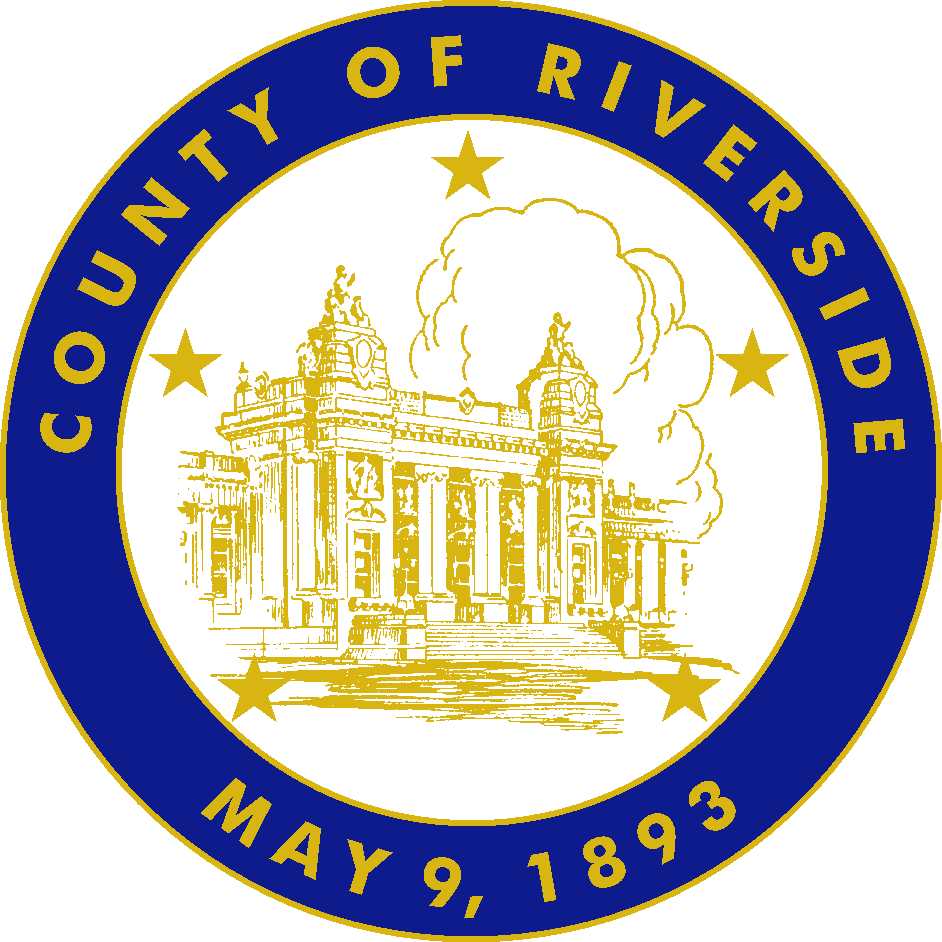Indian gaming Proposition 48 breaks new ground
Proposition 48, a new Indian gaming authorization, is on the ballot as a “veto” referendum — that is, it was put on the ballot by persons hoping to garner enough “no” votes to overturn a proposal for a new tribal casino in the Central Valley, which the California Legislature, Gov. Jerry Brown and the federal government already approved.
The proposal, which literally breaks new ground, authorizes one California tribe, the North Fork Rancheria of Mono Indians, to build a casino on purchased land 38 miles from their reservation in Madera County. The new casino would be built nearer urban clusters, just off Highway 99 and north of Fresno and Madera in an area where five other tribal casinos are already in operation.
If approved by “yes” voters, this would be the first such authorization for a tribal casino to be built off the owning tribe’s reservation. The North Fork and the professional gaming interests that would work with them to construct the casino sought the off-reservation location because it would be closer to major freeways and Central Valley urban centers, including the major valley city of Fresno.
The proposal also allows the Wiyot Tribe in Humboldt County, hundreds of miles from the purchased North Fork land in Madera County, to participate in revenue generated by the North Fork Rancheria casino. The legislation prevents the Wiyot from constructing a casino on their own reservation at any point in the future because of negative environmental impact concerns.
Because of potential economic impact of the new casino on the nearest of the five existing reservation casinos, the legislation also includes payments to the Picayune Rancheria of the Chukchansi Indians of approximately $25 million through June 30, 2020 and a restriction that the North Fork delay the opening of any hotel at their casino until after July 1, 2018. These requirements would only take effect if the Chukchansi do not challenge, through lobbying or in the courts, North Fork’s casino building plans. The North Fork negotiated and signed memoranda of understanding with three local governmental entities that would receive financial benefit as outlined by the memoranda: the county of Madera would receive one-time payments ranging between $6.9 million and $17.9 million and annual payments over the life of the compact of $3.8 million, adjusted for inflation, once the casino opens. The memorandum with the county also states a goal of employing 50 percent of casino employees from residents of the county; the city of Madera would receive one-time payments ranging between $6.3 million and $10.3 million and annual payments of $1.1 million once the casino opens. The memorandum also includes a goal of hiring 33 percent of casino employees from city residents; the agreements also require annual payments of $47,500 to the Madera Irrigation District with the provision for additional payment if more water is used than “expected.” Finally, the agreements require the North Fork to make annual payments to other local governments within 25 miles of the casino if those governments are negatively impacted.
Gaming contracts between the state of California and Native American tribes specify how the state may regulate tribal casinos and require tribes to make payments to the state for specific purposes. Most frequently, those purposes are to fund revenue sharing with the 73 state tribes that currently do not operate casinos or operate casinos with fewer than 350 slot machines (the North Fork will have 2,000 slot machines; and to increase an Special distribution Fund used to fund programs to assist people with gambling problems, pay the state’s costs to regulate tribal casinos and make grants to local governments affected by tribal casinos.
In an analysis of Prop 48, the office of the attorney general estimates operation of the North Fork casino could negatively affect other nearby gaming operations and reduce discretionary spending of nearby residents on other things, such as movies or dining out, impacting local businesses and reduced tax revenues to state and local governments.
Measure proponents, seeking “yes” votes, including Governor Brown, Tom Wheeler, the chairman of the Madera County Board of Supervisors and Robbie Hunter, the president of the State Building and Construction Trades Council of California, cite potential creation of thousands of new jobs in an economically depressed area of the state and fund local sheriff, police, fire and other first responders.
Opponents, seeking “no” votes, including Madera County Supervisor David Rogers and Senator Dianne Feinstein, argue that authorizing “off reservation” casinos contradicts the spirit of the initial authorization of Indian gaming and will open a floodgate of new casino construction in an already saturated market. Also Central Valley farmers, already strapped with diminishing water resources, are concerned that building of the casino would negatively affect agricultural production by allowing North Fork to draw as much as 100 million gallons of groundwater annually.
The LA Times supports the measure as a revenue creator, noting that the North Fork had initially tried to develop a casino on their tribal land but couldn’t get interest from the gaming industry because the land was remote and hard to reach. Editors note that the legislature and governor must approve these “off reservation” casinos on a case by case basis.
The Orange County Register opposes the measure as a violation of previous voter-approved legislation that restricted casinos to tribal lands.




